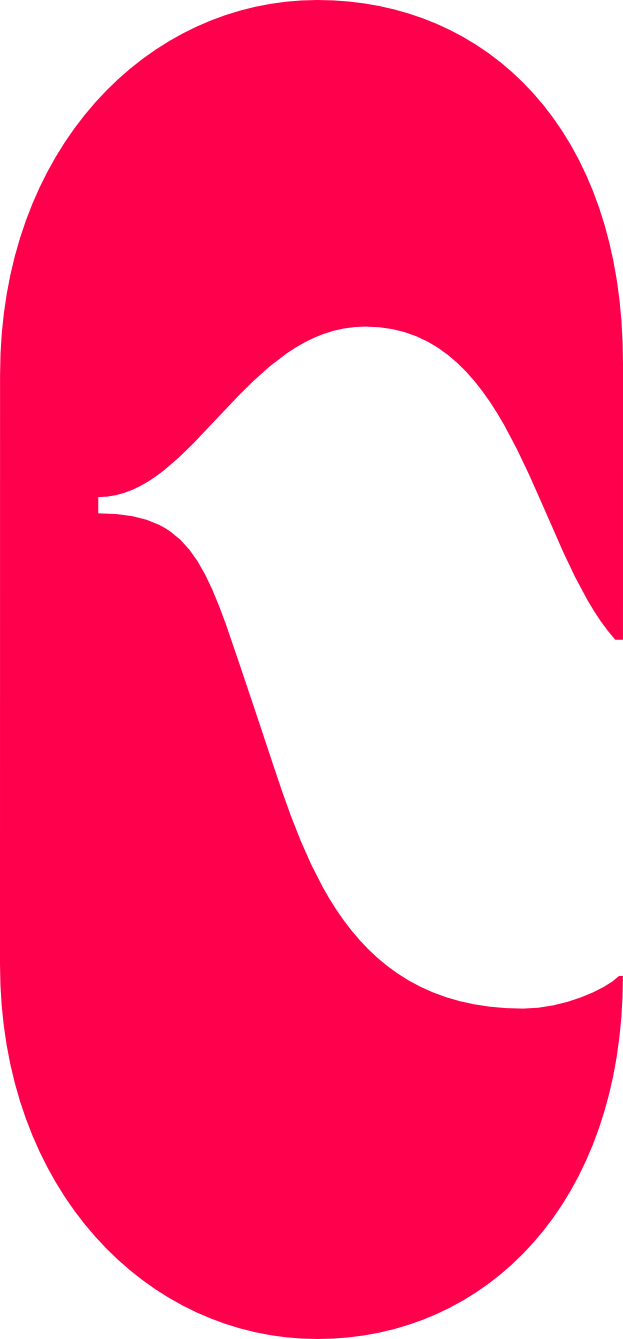Skip to content
colomboarte.com non utilizza cookie di profilazione ma solo cookie tecnici ai fini del corretto funzionamento delle pagine di questo sito.
Per vedere quali cookie sono utilizzati, come disabilitarli e quali sono di terze parti visita la pagina dedicata.
Clicca per accettare o accedere all'informativa.
Accetto Informativa Cookie and privacy policy
